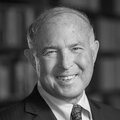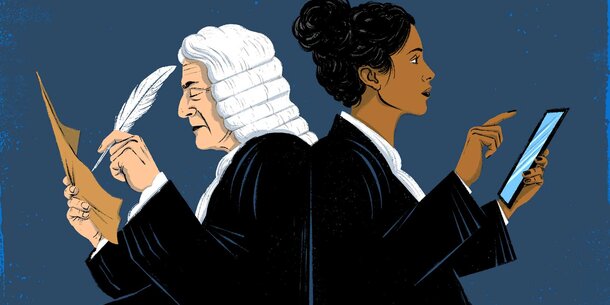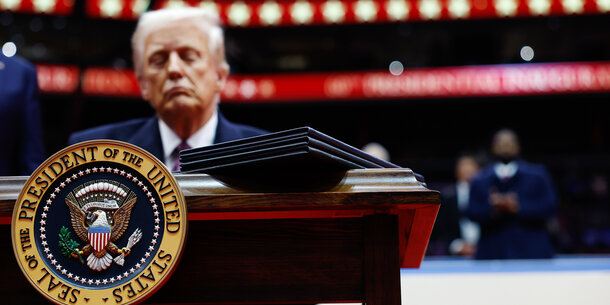The case arises out of Special Counsel Jack Smith’s prosecution of former President Trump for attempting to overthrow the 2020 election. In an effort to dismiss the case against him, Trump made a novel claim that presidents are immune from criminal prosecution for “official” acts they take while in office, even after their term expires. The federal district court in Washington, D.C. rejected Trump’s claim of immunity, as did an unanimous three-judge panel of the federal circuit court of appeals. Trump then appealed to the Supreme Court.
The historians’ brief argues that Trump’s claim of criminal immunity would transform the presidency into a monarchy—exactly what the Framers of the Constitution sought to avoid. It explains that presidential immunity for crimes is contrary to the Framers’ deep-seated, antimonarchical sentiment. The Framers instead understood presidents to be accountable to the people and to the laws, and explicitly recognized that criminal prosecution would be one way among several to hold them accountable.
The brief also rebuts Trump’s assertion that a president can be prosecuted only after being impeached. That assertion, the historians explain, is inconsistent with the historical understanding of impeachment as a political remedy completely separate from the criminal remedy of prosecution. It is also inconsistent with the long record of prosecutions or threats of prosecutions of officers who were not impeached—including President Nixon, who accepted a pardon to avoid prosecution despite having resigned before impeachment could proceed.
Finally, the brief notes that even if there is some immunity which may attach to the president for certain “official” acts, the Framers never contemplated that immunity would attach for the acts President Trump stands accused of: the attempted overthrow of the 2020 election. If presidents were granted such immunity, then incumbents could interfere in the transfer of power. And the Framers gave the incumbent president no role—official or otherwise—in the election of the next president, in order to guard elections against executive meddling.
For more on Trump’s claims of immunity, see commentary from Thomas Wolf and Sam Breidbart, historians Holly Brewer and Rosemarie Zagarri, Brennan Center president Michael Waldman, and other experts.










